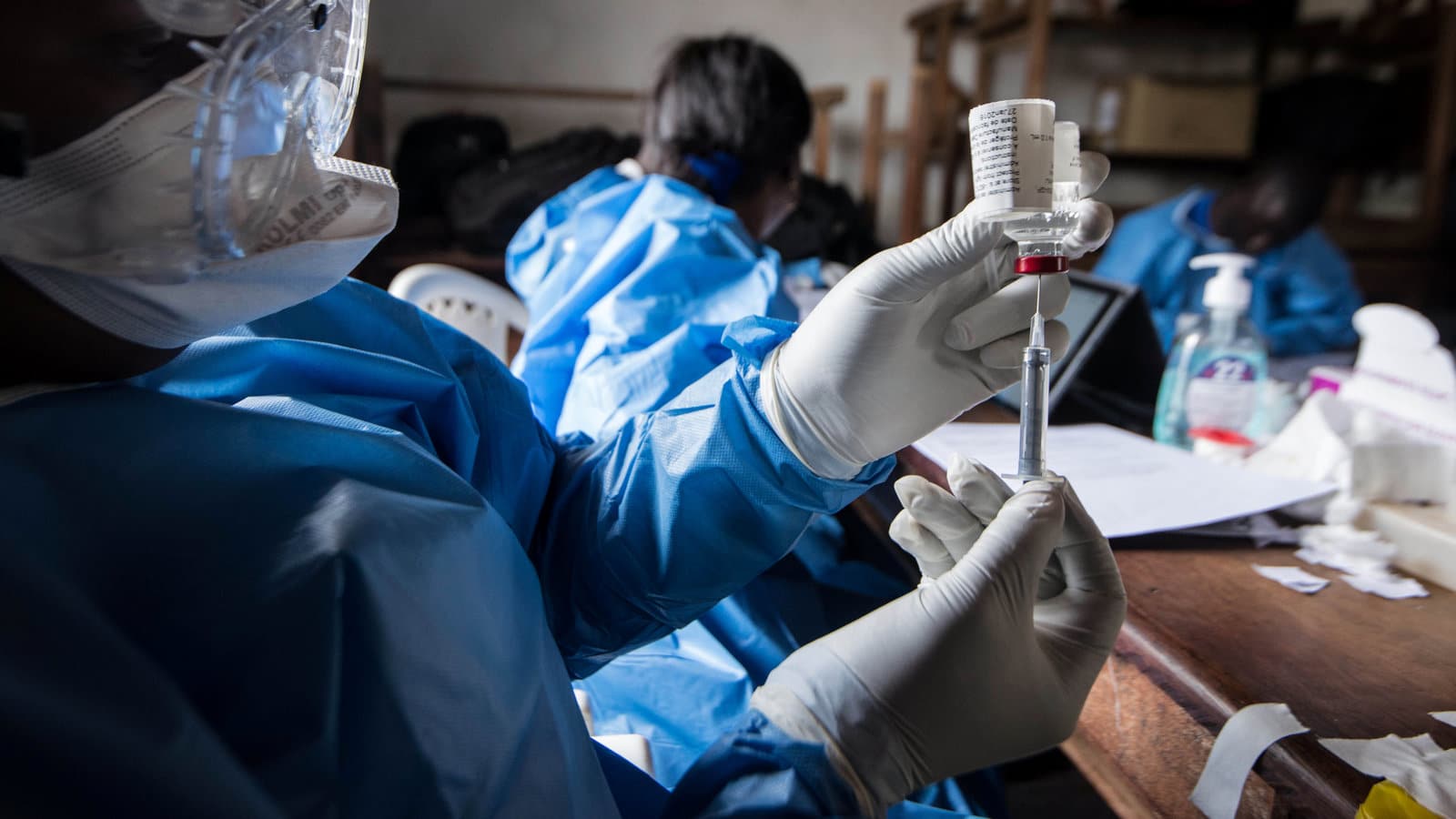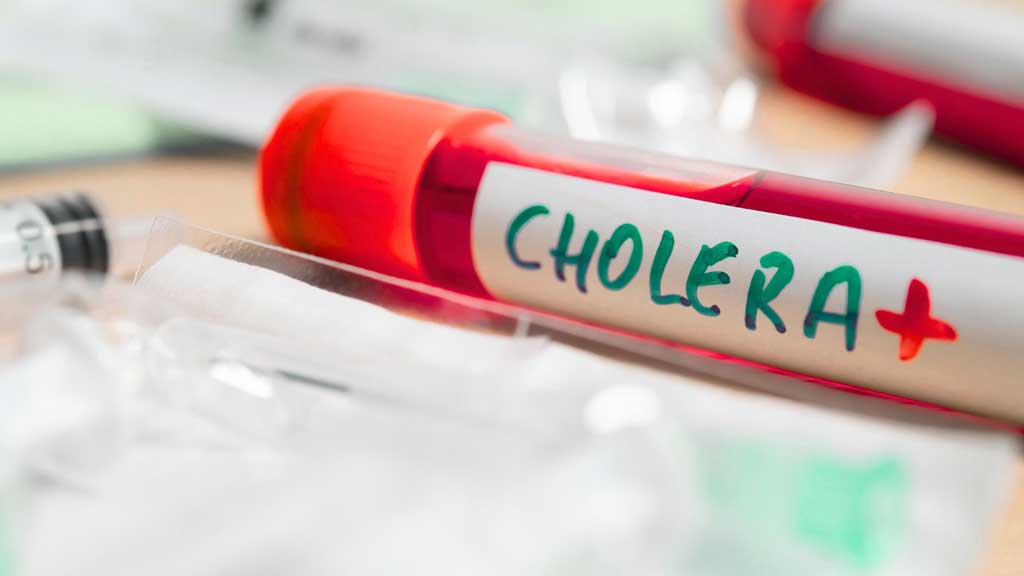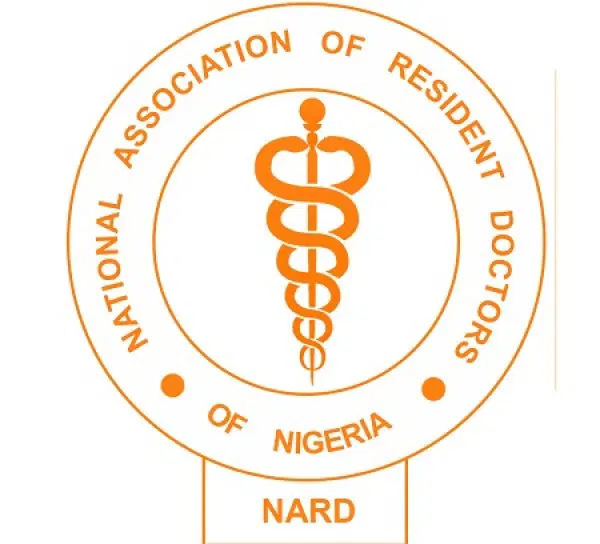Since the Ebola outbreak was declared earlier this month in southern Democratic Republic of Congo, 31 out of 38 confirmed cases have resulted in death, while more than 500 healthcare workers have been infected among the over 900 contacts identified, a health official reported on Thursday.
Speaking at a press briefing in Congo Brazzaville, Patrick Otim, from the World Health Organization (WHO) Africa programme, said surveillance efforts have improved since the outbreak was officially declared on September 4, with more than 900 individuals now being monitored.
“Two weeks into the outbreak, there have been 48 cases in total—38 confirmed and 10 considered probable. Tragically, 31 people have died,” Otim stated.
He noted that 15 patients are currently receiving treatment at the Ebola treatment center in the Bulape health zone, and two others have recovered and been discharged.
In a separate briefing from Geneva, WHO Director-General Tedros Adhanom Ghebreyesus revealed that the organization has delivered over 14 tons of medical supplies, deployed 48 experts, and is supporting the operation of a 48-bed Ebola treatment center. Sixteen patients are being treated there, with some receiving monoclonal antibody therapy (mAb114). So far, 14 patients have been treated using this therapy.
Ghebreyesus also announced a $21 million funding appeal to support Congo’s response efforts, urging donors to act swiftly to help contain the outbreak. “Investing now will save lives and stop the outbreak at its source,” he said.
The outbreak was declared in Kasai Province, near the border with Angola. Health officials report that women make up approximately 55% of the cases, a statistic largely attributed to their caregiving roles within families and communities.
Vaccination has become a key strategy in the response. Otim confirmed that more than 500 healthcare workers and identified contacts have received vaccinations, providing them critical protection. He added that 3,500 vaccine doses are available nationwide, with over 700 already distributed to Bulape and additional supplies expected to arrive in Kinshasa shortly.
Despite these efforts, Otim acknowledged that poor infrastructure continues to hamper access to some of the hardest-hit areas.
Ebola is a highly infectious and often deadly virus, transmitted to humans through contact with bodily fluids of infected animals and spread among people through close contact and exposure to contaminated materials.








